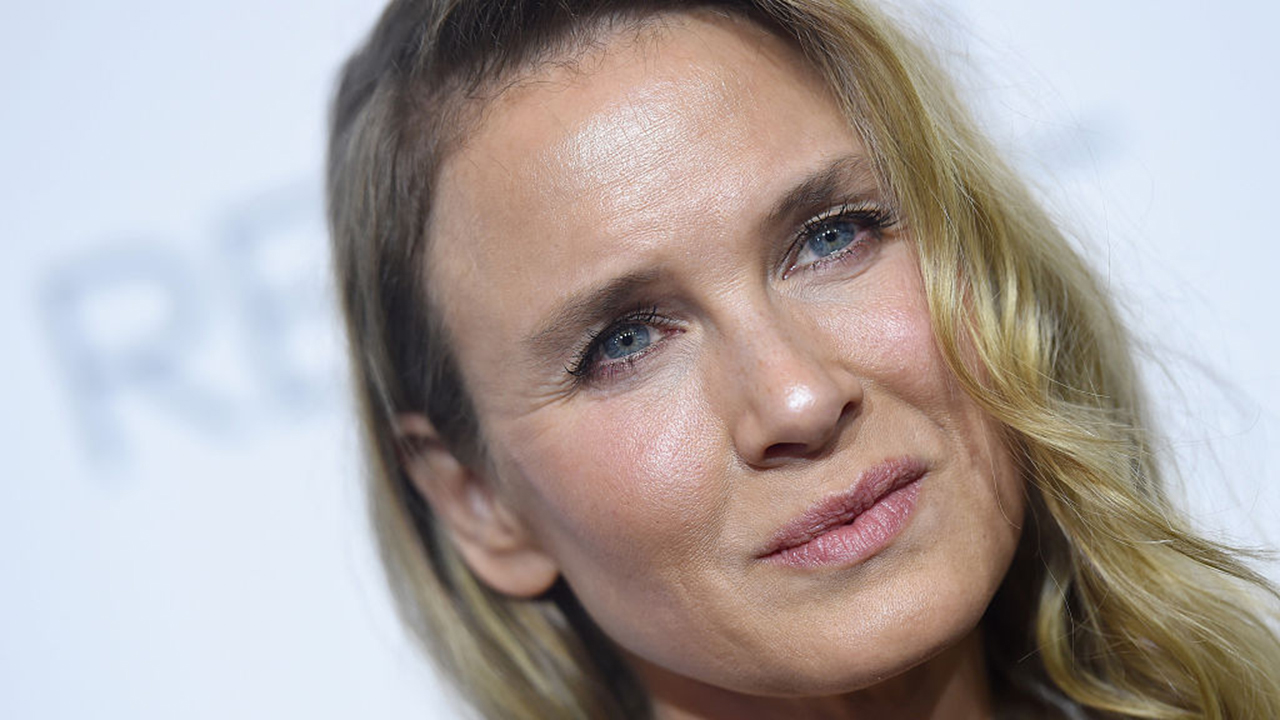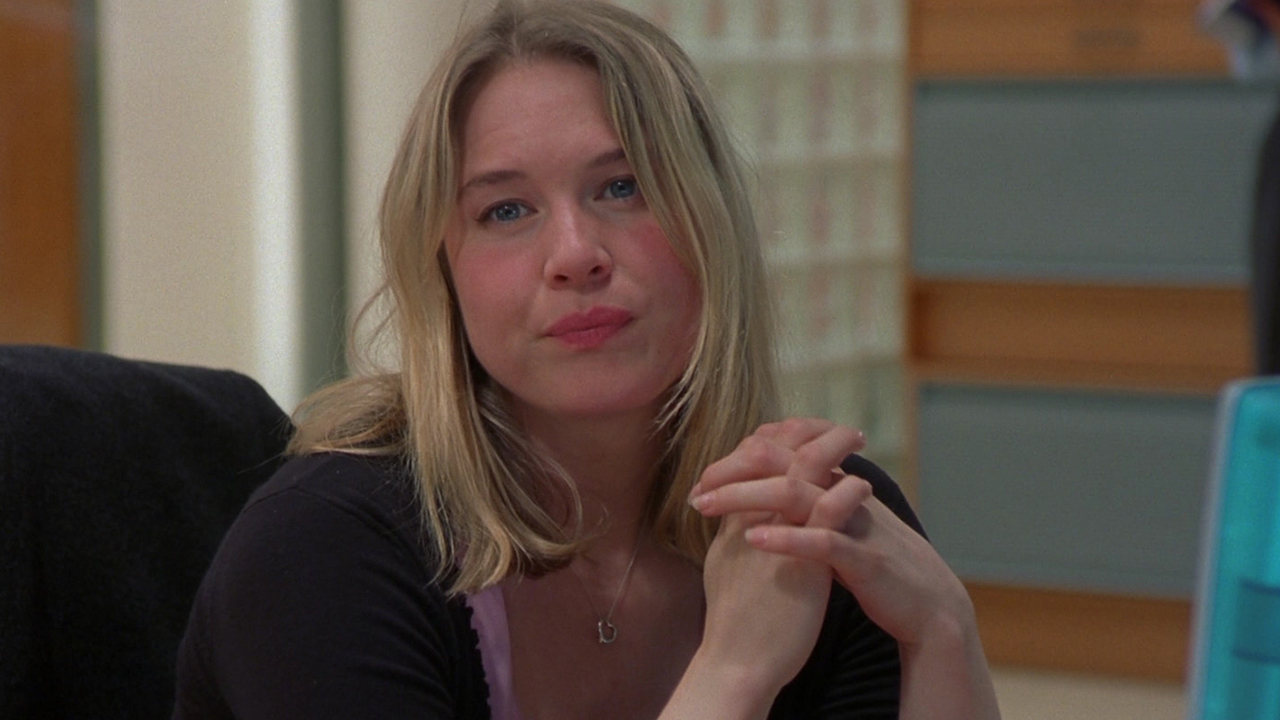News feed
 Image credit: Getty Images
Image credit: Getty Images
After Jennifer Aniston responded to speculation about her private life in an essay published on the Huffington Post, now Renee Zellweger has followed suit.
The Bridget Jones actress has hit back at criticism of her appearance in an open letter also published on the Huffington Post, titled ‘We Can Do Better’.
In the piece Zellweger responds to claims that she’s had plastic surgery, and seems to have been motivated by one article in particular. In June, Variety film critic Owen Gleiberman wrote he was upset that the actress looked different to how she did in the past in the trailer for the latest Bridget Jones installment, Bridget Jones’ Baby.
Gleiberman’s article was titled “Renee Zellweger: If She No Longer Looks Like Herself, Has She Become a Different Actress?” and within it he accused the star of having plastic surgery and therefore, of implicitly shaming the average person, because she “has been a poster girl for the notion that each and every one of us is beautiful in just the way God made us.
“She is someone who looks like she no longer wants to be who she is.”
Zellweger began her piece by discussing the challenges of being tabloid fodder, before rebutting Gleiberman.
“The value of my work has been questioned by a critic whose ideal physical representation of a fictional character originated 16 years ago, over which he feels ownership, I no longer meet.”
She goes on to set the record straight about the claims she’s had surgery.

“The ‘eye surgery’ tabloid story itself did not matter, but it became the catalyst for my inclusion in subsequent legitimate news stories about self-acceptance and women succumbing to social pressure to look and age a certain way. In my opinion, that tabloid speculations become the subject of mainstream news reporting does matter.
“Not that it’s anyone’s business, but I did not make a decision to alter my face and have surgery on my eyes.”
She goes on to address the frequent scrutiny of a woman’s appearance in the public domain, and the negative impact it can have – especially for young people.
“The resulting message is problematic for younger generations and impressionable minds, and undoubtedly triggers myriad subsequent issues regarding conformity, prejudice, equality, self acceptance, bullying and health.”
Today, Gleiberman must surely be thinking he might stick to just critiquing films, and not the appearance of the people in them, from now on.









